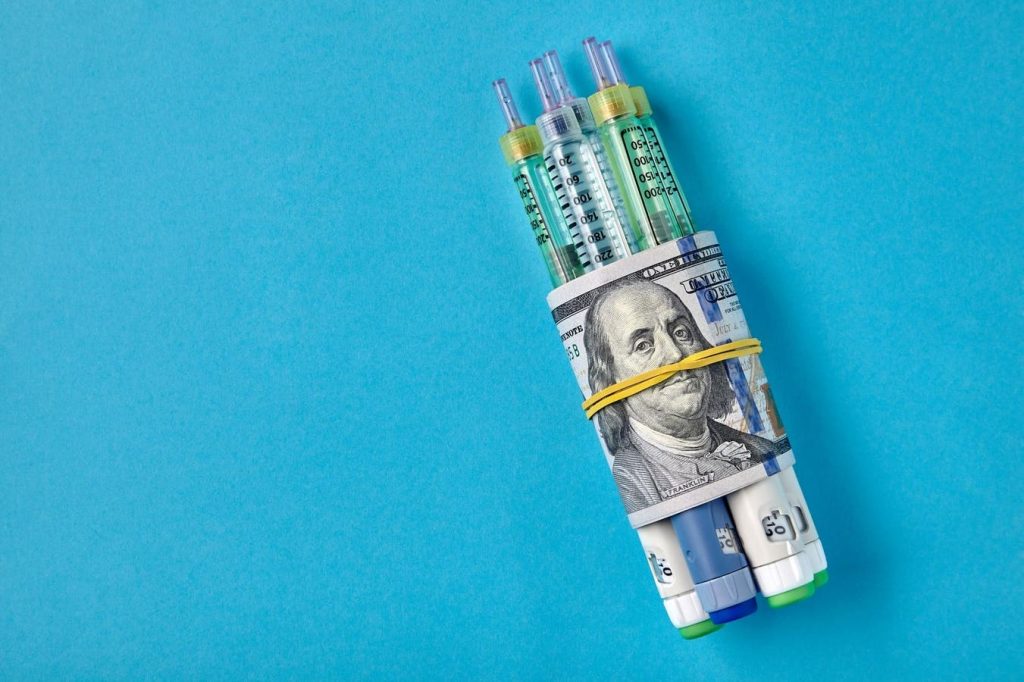In a 2021 Fortune article, the financial burden caused by the high price of insulin products was described as a system driven by greed that left patients with diabetes struggling to afford their treatment. Despite recent efforts to lower costs, some patients still face challenges with insulin affordability and availability. Drug makers had raised insulin list prices for more than two decades, leading to increased out-of-pocket costs for patients. Payers negotiated rebates that lowered the net price of insulin, but these savings were not passed on to patients.
Last year, Novo Nordisk and Sanofi announced significant price reductions for their insulin products, including Levemir and Lantus. Increased competition in the insulin market and the emergence of biosimilars contributed to these price cuts. A policy change in Medicaid rebates also played a role in reducing insulin prices, with drug manufacturers facing penalties if they raised prices above the inflation index. This new rule could result in manufacturers selling drugs to Medicaid at a loss, prompting companies to lower prices as Novo Nordisk and Eli Lilly have done.
Novo Nordisk’s decision to discontinue the manufacturing of Levemir by the end of the year has raised concerns among Senators Shaheen, Warnock, and Warren. They have questioned whether patients will have access to affordable alternatives like Tresiba, another long-acting insulin produced by Novo Nordisk. The fate of Levemir highlights the challenges faced by patients who rely on specific insulin products for their treatment, especially in cases like pregnancy where Levemir is the only approved option.
The Inflation Reduction Act, effective January 1, 2023, capped out-of-pocket costs for insulin at $35 per monthly prescription for Medicare beneficiaries. Companies like Novo Nordisk, Eli Lilly, and Sanofi pledged to limit the price paid by patients at the pharmacy counter to $35 for those on commercial insurance. President Biden has proposed extending this cap to include the commercially insured population. However, challenges remain for the uninsured and underinsured, particularly for those who rely on specific insulin products like Levemir.
While the out-of-pocket costs for insulin have decreased for most patients, some still pay more than $35 a month. Pregnant women who require Levemir in 2025 and beyond may face availability challenges as the discontinuation of the product takes effect. Medicaid beneficiaries who take insulin have only nominal out-of-pocket charges, but broader measures are needed to ensure affordable and accessible insulin for all patients. The ongoing efforts to lower insulin prices and improve access to treatment are critical for individuals affected by diabetes in the United States.


